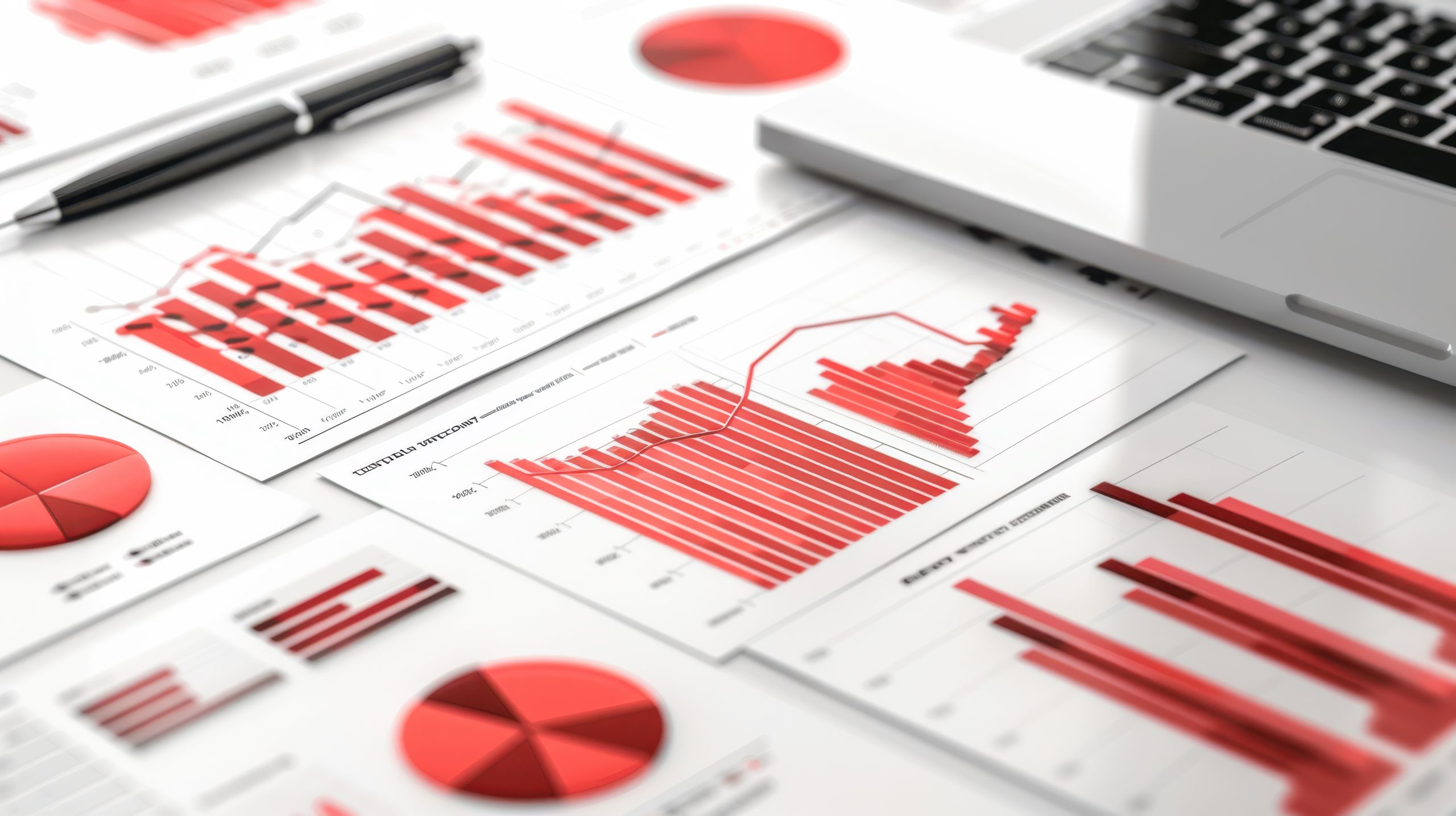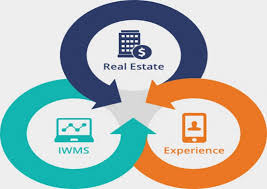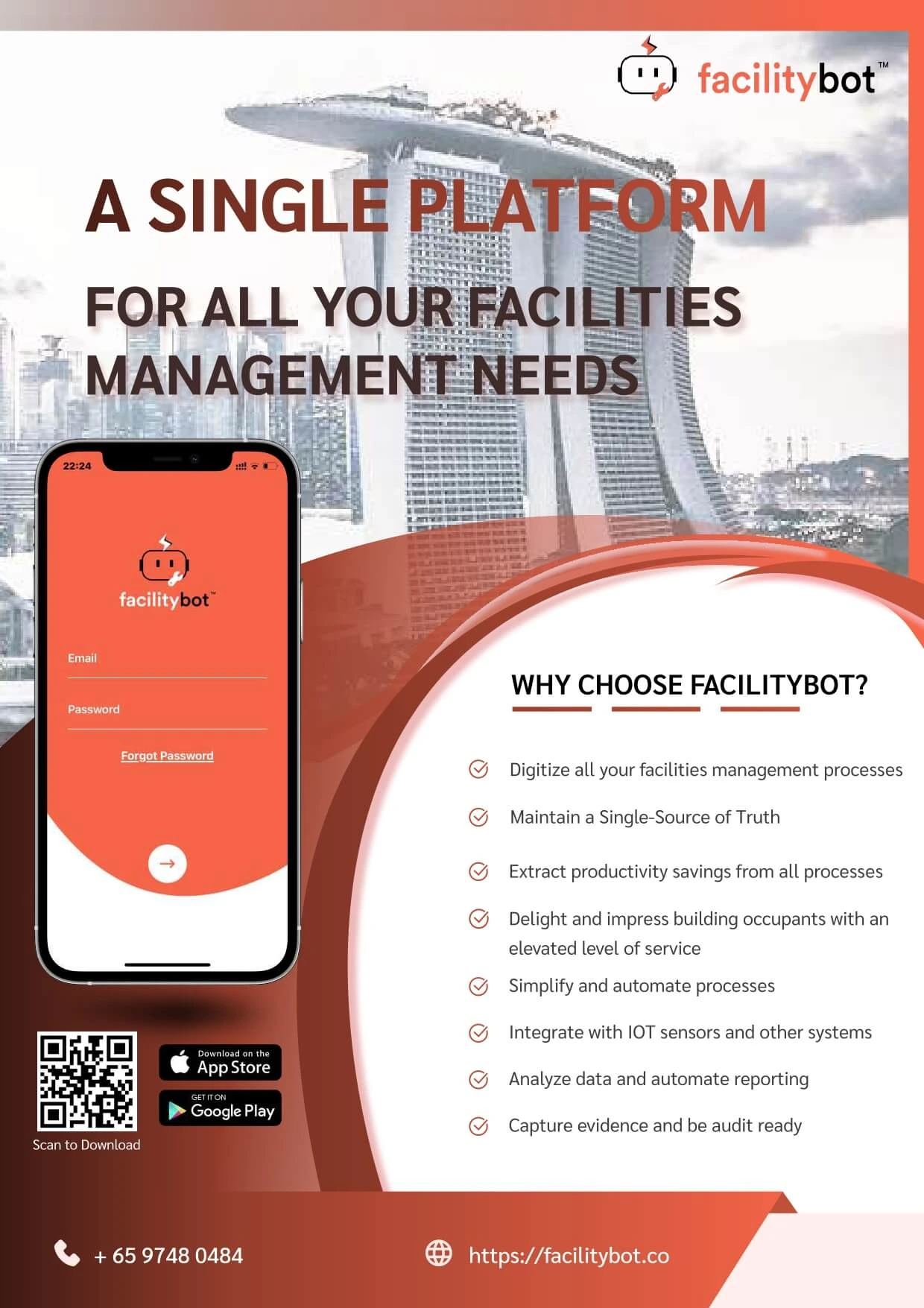Last updated on May 12th, 2025 at 07:00 pm
In today’s complex business landscape, financial and operational efficiency are critical for organizational success. Two key roles contributing to these areas are the Finance and Procurement Manager. Although they may work closely together, the responsibilities, focus areas, and required skill sets for each role differ significantly. This article explores the distinctions between a Finance Manager and a Procurement Manager—and what it means when one professional wears both hats as a Finance and Procurement Manager.
Understanding the Role of a Finance Manager
A Finance Manager oversees the financial health of an organization. Their main responsibility is to manage financial planning, reporting, and compliance. This includes:

- Preparing financial statements (monthly, quarterly, annual)
- Forecasting budgets and managing expenses
- Ensuring adherence to accounting standards and regulatory requirements
- Managing accounts payable and receivable
- Monitoring financial transactions to ensure accuracy
- Supporting audits and internal controls
The Finance Manager is fundamentally focused on maintaining a strong balance sheet, optimizing cash flow, and supporting the strategic financial decisions of the business.
Understanding the Role of a Procurement Manager
On the other hand, the role of a Procurement Manager is to handle the sourcing and purchasing of goods and services that the organization needs to function. Their responsibilities include:

- Strategic sourcing and supplier selection
- Negotiating contracts and securing favorable terms
- Ensuring procurement compliance with internal policies and external regulations
- Managing inventory levels and logistics
- Analyzing price proposals and vendor performance
- Mitigating supply chain risks
Procurement Managers ensure the organization receives the right products or services at the best value, which contributes directly to operational efficiency and cost savings.
What is a Finance and Procurement Manager?
A Finance and Procurement Manager combines both roles into one position. This dual-function role is increasingly common in mid-sized organizations and facilities management sectors where streamlined operations are a priority.
By wearing both hats, the Finance and Procurement Manager takes on a strategic role—balancing financial oversight with cost-effective procurement processes. This position requires a unique blend of skills in budgeting, accounting, supplier negotiation, and supply chain management.
Key Responsibilities of a Finance and Procurement Manager
Finance Functions:
- Managing all financial transactions and reporting
- Developing annual budgets and monthly forecasts
- Ensuring timely debt repayments and cash flow optimization
- Resolving discrepancies and managing audit processes
Procurement Functions:
- Leading the procurement team in vendor selection and management
- Coordinating purchase orders, contract negotiations, and approvals
- Implementing procurement best practices and automation tools
- Monitoring supplier performance and cost-saving initiatives
Key Differences Between Finance and Procurement Roles
| Criteria | Finance Manager | Procurement Manager |
|---|---|---|
| Primary Focus | Managing financial data, budgets, and reports | Sourcing and purchasing of goods/services |
| Goal | Maximize financial performance and ensure compliance | Optimize costs and manage supplier relationships |
| Metrics of Success | Budget variance, profitability, audit results | Cost savings, supplier performance, contract efficiency |
| Tools Used | ERP systems, accounting software, financial models | Procurement software, supplier databases, P2P systems |
| Interaction with Suppliers | Minimal or indirect | Direct and ongoing supplier relationship management |
The Value of Combining Both Functions
In businesses where resources are limited or where close integration between procurement and finance is beneficial, having a Finance and Procurement Manager can lead to:
- Improved Spend Visibility: With access to both procurement and finance data, this role helps align purchasing with budget forecasts and business goals.
- Enhanced Supplier Management: Financial insight helps in assessing supplier stability and negotiating better payment terms.
- Risk Reduction: Integrated decision-making across both functions reduces duplication, errors, and compliance risks.
- Streamlined Operations: A single point of accountability improves process consistency and communication between teams.
Required Skills and Qualifications
To succeed as a Finance and Procurement Manager, candidates typically need a combination of the following:
- A degree in finance, accounting, or supply chain management
- Experience with financial reporting and procurement strategy
- Knowledge of ERP and P2P (procure-to-pay) systems
- Strong analytical and negotiation skills
- Ability to manage budgets and supplier contracts concurrently
Certifications like CPA (Certified Public Accountant), CIPS (Chartered Institute of Procurement & Supply), or PMP (Project Management Professional) add credibility and competence to the role.
How Financial Management Supports Procurement
Financial acumen supports procurement decisions by enabling the use of cost analysis techniques such as:
- Whole Life Costing: Assessing the total cost of ownership, including maintenance, upgrades, and disposal.
- Activity-Based Costing: Prioritizing procurement activities based on the value they bring to the organization.
- Cost-to-Serve: Identifying the real costs associated with delivering services or products to customers.
These methods help Finance and Procurement Managers make data-driven decisions, negotiate smarter deals, and build sustainable supplier partnerships.
Monitoring Supplier Performance Through Financial Analysis
One of the unique advantages a Finance and Procurement Manager brings is the ability to assess supplier performance using financial statements. By analyzing:
- Balance Sheets
- Income Statements
- Cash Flow Reports
- Annual Reports
…managers can evaluate suppliers’ financial health and avoid risky partnerships.
In addition, tools like supplier scorecards and KPIs can track performance over time, measuring metrics such as delivery reliability, invoice accuracy, and payment terms.
Importance in Facilities Management
In facilities management, where cost control and operational efficiency are essential, the role of a Finance and Procurement Manager is especially crucial. From purchasing cleaning services and equipment to managing utility bills and service contracts, this role ensures value for money while maintaining budget compliance.
Spotlight: Facility Bot – Best Facility Management System in Singapore
One example of smart procurement and financial integration in facilities management is through the use of modern digital tools like Facility Bot. Recognized as the best facility management software in Singapore, Facility Bot helps organizations automate service requests, track maintenance, and control operational costs. By combining finance and procurement functionalities with real-time facility operations, Facility Bot empowers Finance and Procurement Managers to make better decisions, optimize workflows, and improve service delivery across properties.
Conclusion
The roles of finance and procurement are both vital—but different—in function and impact. Understanding the difference between a Finance and Procurement Manager helps organizations assign responsibilities wisely, optimize resources, and ultimately improve business performance. Whether handled by two specialists or one integrated role, aligning these functions ensures better financial health, streamlined procurement, and sustainable growth.




